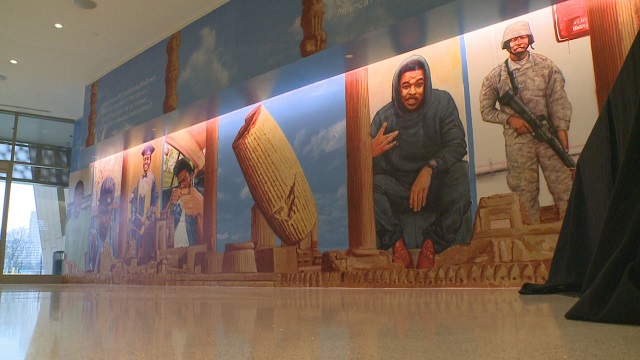Eight years ago this week, I received my first opportunity to cover a major national event … and thus my first experience with, for an extended period of time, working to the limit.
I flew to Denver to report from the 2008 Democratic National Convention and the eventual nomination of our current president, Barack Obama. I operated by myself in a sea of tens of thousands, lugged 50 pounds of equipment to and from my workspace each day, turned roughly a dozen stories, and used any brief window of free time to gobble down enough food to sustain me for the next few hours.
Exhausting, right? Not enjoyable at all, right?
And yet, when I returned home, I wrote this — in all sincerity — to my boss:
This was one of the most unforgettable weeks of my life. I ended up working some 60 hours in four days in Denver, and it was partly because I kept looking for new things to cover, because I didn’t want to waste a minute of the experience.
Yup. When the work is that riveting, I actually crave it. And as I stare into my immediate future, I spy another extended brush with extended hours:
On Saturday I head to Rio de Janeiro to cover the 2016 Summer Olympics.



